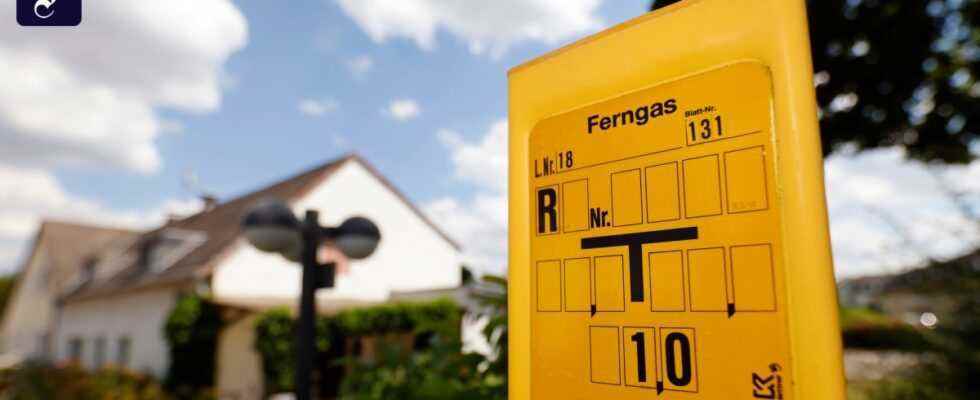LDear readers, It’s midsummer, but it’s not just hot. There is also a drought problem, the extent of which deserves more attention. Therefore I would like to recommend the play by Andreas Frey to you this summer weekend: He visited Sonia Seneviratne. She saw the drama coming twenty years ago. Because the environmental physicist from ETH Zurich was looking early on where nobody else was looking because there seemed to be nothing there: at the ground.
Florian Bieberbach, in turn, manages Germany’s largest public utility company in Munich. In an interview with Marcus Theurer he gives a practical overview of what will happen if gas should run out. His prognosis: First of all, gas prices will rise sharply again. “And then the question will be whether the gas bottlenecks here in southern Germany are so great that the Federal Network Agency orders certain natural gas customers to be switched off at short notice. In Munich, around a dozen large industrial companies and breweries would be affected.” And that’s not all: “The network agency can also issue general instructions that affect private households and companies, that, for example, private swimming pools can no longer be heated with gas. If such individual measures are not enough, proportional cuts are also conceivable. As a municipal utility, we are then ordered to reduce gas consumption in Munich by a total of 10 percent, for example. That would hit all customers who do not enjoy any special legal protection very hard, i.e. above all the companies.” It is also interesting what Bieberbach says about the current behavior: “Many people are aware of the problem. But we haven’t seen any changes in behavior so far, people aren’t saving natural gas. In Munich, just as much gas is currently being used as in normal years with comparable temperatures.”
Vladimir Putin’s attack on Ukraine has created a new reality. Even in Germany and the European Union, many things cannot remain as they are. Federal Chancellor Olaf Scholz (SPD) wrote a much-noticed guest contribution to this. The global economy is facing a challenge that has not been seen in decades. Broken supply chains, scarce raw materials, the uncertainty on the energy markets caused by the war – all of these are driving up prices worldwide. No country in the world can stand alone against such a development. “And it’s also true: The more energy we can all – industry, households, cities and communities – save in the coming months, the better.” Scholz not only writes about business and energy, but also about the future role of the European Union , and what needs to change in it.
Not only are energy prices rising, construction loans are also becoming more expensive. It’s a toxic mix for investors. What is currently still worthwhile? Interesting: Federal bonds with a term of ten years have dropped by 1.8 percent in some cases in the past few weeks. That’s not much less than the returns currently available on the real estate market, as Dyrk Scherff has noted. In addition: Anyone who has invested in an apartment or a house in recent years or is planning something like this may be faced with nasty surprises. On the one hand, follow-up financing for loans could become significantly more expensive and possibly exceed the consumer’s budget; Conversely, it is apparent that more and more young people in particular are having to say goodbye to their dream of owning their own four walls because it is simply no longer affordable, which Daniel Schleidt researched.
Have a nice weekend, greetings from the editorial team. If you have specific questions about your F+ subscription, please write to me: [email protected].
Yours, Carsten Knop
editor
Frankfurter Allgemeine Zeitung
